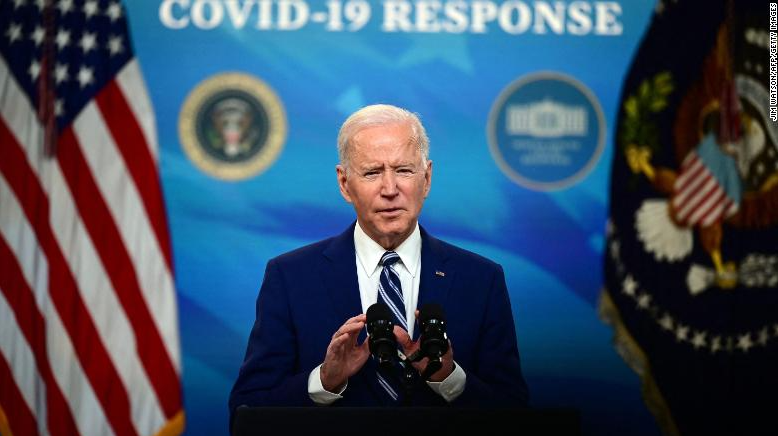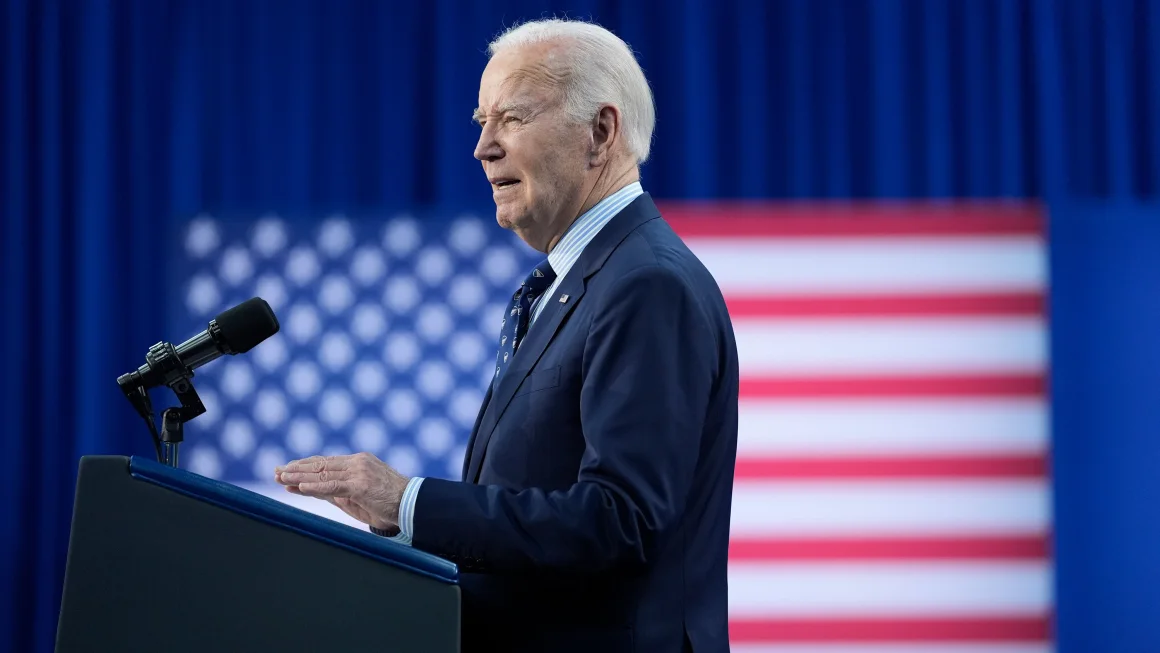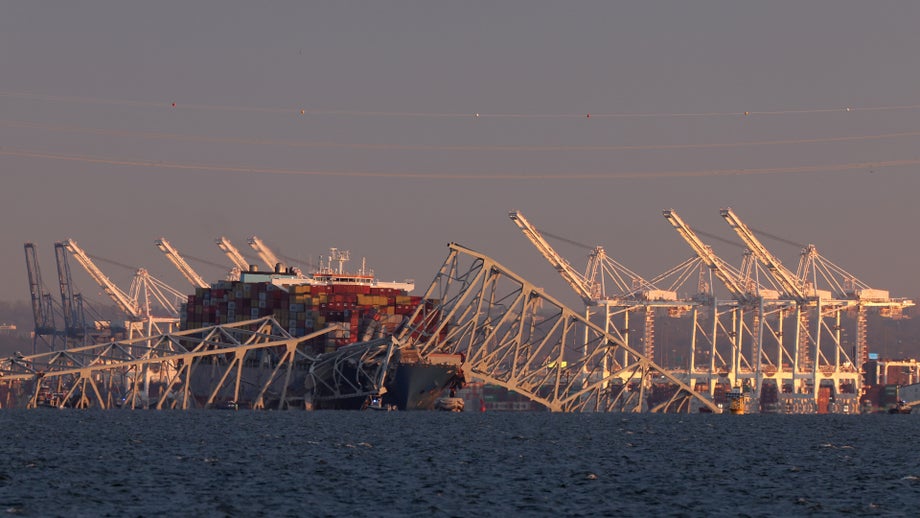This article is more than
3 year oldBiden to announce $2-trillion infrastructure plan that would transform U.S. economy

U.S. President Joe Biden wants $2 trillion US to re-engineer America's infrastructure and expects the nation's corporations to pay for it.
The president travels to Pittsburgh on Wednesday to unveil what would be a hard-hatted transformation of the U.S. economy as grand in scale as the New Deal or Great Society programs that shaped the 20th century.
White House officials say the spending over eight years would generate millions of new jobs as the country shifts away from fossil fuels and combats the perils of climate change. It is also an effort to compete against the technology and public investments made by China, the world's second-largest economy and fast gaining on the United States' dominant position.White House press secretary Jen Psaki said the plan is "about making an investment in America — not just modernizing our roads or railways or bridges but building an infrastructure of the future."
Biden's choice of Pittsburgh for unveiling the plan carries important economic and political resonance. He not only won Pittsburgh and its surrounding county to help secure the presidency, but he launched his campaign there in 2019.
The city famed for steel mills that powered America's industrial rise has steadily pivoted toward technology and health care, drawing in college graduates from western Pennsylvania in a sign of how economies can change.
Mostly aimed at transportation
The Democratic president's infrastructure projects would be financed by higher corporate taxes — a trade-off that could lead to fierce resistance from the business community and thwart any attempts to work with Republicans lawmakers.
Biden hopes to pass an infrastructure plan by summer, which could mean relying solely on the slim Democratic majorities in the House and the Senate.
The White House says the largest chunk of the proposal includes $621 billion for roads, bridges, public transit, electric vehicle charging stations and other transportation infrastructure. The spending would push the country away from internal combustion engines that the auto industry views as an increasingly antiquated technology.
Another $111 billion would go to replace lead water pipes and upgrade sewers. Broadband internet would blanket the country for $100 billion. Separately, $100 billion would upgrade the power grid to deliver clean electricity. Homes would be retrofitted, schools modernized, workers trained and hospitals renovated under the plan, which also seeks to strengthen U.S. manufacturing.
Could spur economy
The new construction could keep the economy running hot, coming on the heels of Biden's $1.9 trillion coronavirus relief package — economists already estimate it could push growth above six per cent this year.
Separately, Biden will propose in the coming weeks a series of soft infrastructure investments in child care, family tax credits and other domestic programs, another expenditure of roughly $2 trillion to be paid for by tax hikes on wealthy individuals and families, according to people familiar with the proposal.
Funding the first $2 trillion for construction and "hard" infrastructure projects would be a hike on corporate taxes that would raise the necessary sum over 15 years and then reduce the deficit going forward, according to a White House outline of the plan.
Biden would undo the signature policy achievement of the Trump administration by lifting the corporate tax rate to 28 per cent from the 21 per cent rate set in a 2017 overhaul.
To keep companies from shifting profits overseas to avoid taxation, a 21 per cent global minimum tax would be imposed. The tax code would also be updated so that companies could not merge with a foreign business and avoid taxes by moving their headquarters to a tax haven. And among other provisions, it would increase IRS audits of corporations.
Critics take aim
White House officials led by National Economic Council director Brian Deese offered a private briefing Tuesday for top lawmakers in both parties. But key GOP and business leaders are already panning the package.
"It seems like President Biden has an insatiable appetite to spend more money and raise people's taxes," Rep. Steve Scalise of Louisiana, the GOP whip, said in an interview.
Scalise predicted that, if approved, the new spending and taxes would "start having a negative impact on the economy, which we're very concerned about."
The business community favours updating U.S. infrastructure, but it dislikes higher tax rates. An official at the U.S. Chamber of Commerce who insisted on anonymity to discuss the private talks said the organization fears the proposed tax hikes could undermine the gains from new infrastructure.
The Business Roundtable, a group of CEOs, would rather have infrastructure funded with user fees such as tolls.
<p>Diddy's homes were recently raided in Los Angeles and Miami by Homeland Security.</p>
India calls for ‘immediate de-escalation’ amid Israel-Iran tensions
Why Israel is risking a dramatic escalation with Iran
Trump offers conditions for Ukraine aid renewal
Iron Dome, David’s Sling, Arrow: Israel’s air defense against Iran, explained
Israel’s War Leaders Don’t Trust One Another
Bianca Censori stuns in extreme v-neck dress
OJ Simpson to be cremated and no plans to donate brain to science, lawyer says
US helped Israel take down ‘nearly all’ Iranian drones and missiles – Biden
‘Their tactics have changed’: Russia’s bid to blow apart Ukraine’s power grid




